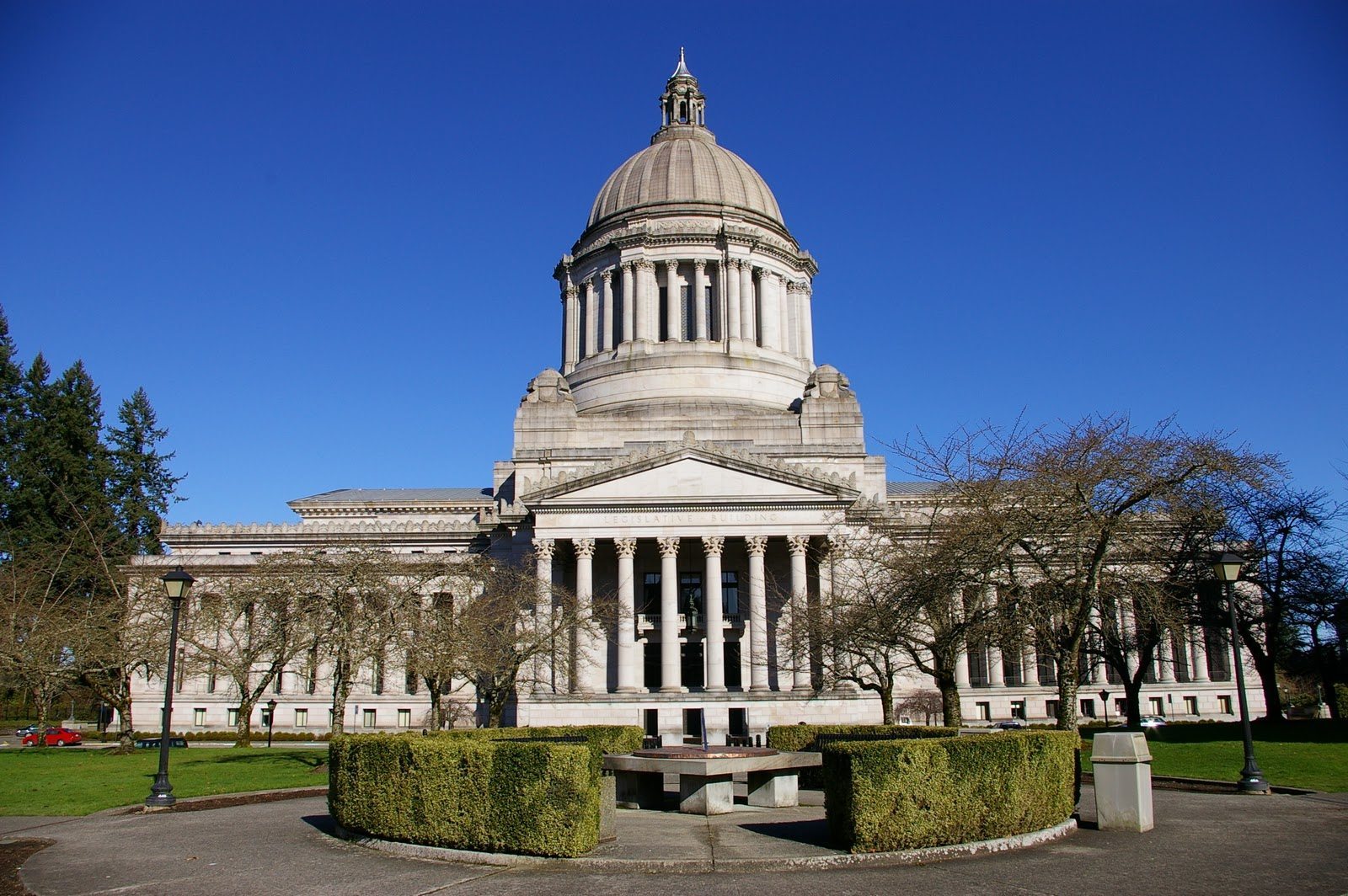Republicans have made noteworthy attempts to rein in the power of big labor in our state during this legislative session through various bills. They’ve faced fierce opposition from union executives and labor-backed Democrats (including Democrat legislators who are also union executives in their spare time), but have managed to take necessary steps thanks to GOP leadership in the state Senate. Getting these bills passed Democrats in the state House will, of course, be another story.
The reforms Republicans have fought for are neither extreme nor unreasonable – except to the union bosses who fear a loss of dues money flowing into their treasuries. They are rational attempts to grant employees basic workplace freedoms, give union members the power of choice and provide the public a clear look into government-labor relations. Here are five bills state Senate Republicans have worked to pass:
- Senate Bill 5226 is based on the federal Labor Management Reporting and Disclosure Act (LMRDA), which protects “the rights and interests of employees and the public generally” by requiring private-sector labor unions to “annually report information about union activities, leadership, governance and finances to the U.S. Department of Labor (DOL).”According to the Freedom Foundation, in Washington State, government unions have no legal requirement to inform members how their dues money is spent. SB 5226 seeks to remedy the dark money situation by requiring government unions to file financial reports with the state every year. The Senate Commerce and Labor Committee passed the bill on a party-line vote.
- Senate Bill 5237 would grant more time to public employees seeking to decertify their union. As the Freedom Foundation points out, unions do not have to seek the approval of public employees after being initially certified to represent a bargaining unit. That means many workers inherit a unionized workplace based on decision made by predecessors. Making matters worse, the decertification process—and even the process to switch unions—is difficult and can only be done during a 30-day period two months prior to the expiration of their collective bargaining agreement. A petition that contains a technical snag or a slight mistake means employees must wait years before their next opportunity. SB 5237 reliefs the pressure by allowing a 90-day window for employees to file their paperwork. The Senate Commerce and Labor Committee passed the bill on a party-line vote.
- Senate Bill 5332 would eliminate an exemption provision for labor unions in the minimum wage/paid sick leave bills currently before the Legislature. The bills are championed by big labor under the guise of “workers’ rights,” but they are not rights unions care to extend to their members. Of course, the true motivation behind the legislation is to encourage “employers to become union shops in order to take advantage of the exemptions.” More unionized employers means more union members which means more union dues, which more campaign money for Democrat politicians. The “workers’ rights” bills create clear winners—the unions and Democrats—and losers—non-unionized businesses and small businesses. SB 5332 seeks to level the playing field. The Senate Commerce and Labor Committee passed the bill on a party-line vote.
- Senate Bill 5045 seeks to grant public employees the ability to de-authorize mandatory union dues in their workplace. Current Washington State law contains union security provisions in public employee contracts that “require all employees in the workplace to pay union dues or be fired.” SB 5045 would “require the Public Employment Relations Commission to hold a vote about whether to keep a union security provision whenever 30 percent or more of a bargaining unit submits a petition calling for an election.” Big labor backed Democrats, ironically and ridiculously, have accused the bill of being “undemocratic” and of going “against the clear principle of America of majority rules.” Through some twisted and strange logic, a bill that seeks to grant a vote to workers—the freedom to choose—is “undemocratic.” SB 5045 is not an anathema to national labor policy (as Democrats have also claimed. The Freedom Foundation points out that it is “based on the 80-year-old National Labor Relations Act, which governs private-sector union workers. The Senate Commerce and Labor Committee passed the bill on a party-line vote.
- Senate Bill 5329 seeks to require state public employee collective bargaining sessions to be open meetings. The push for government transparency would curb the ability of governors (read: Jay Inslee) to reward their top campaign donors with generous contract concessions made during secret collective bargaining negotiations. Last year, Inslee conceded pay hikes to state employee unions worth nearly half a billion dollars. State lawmakers do not have a say in contract agreements. They cannot propose amendments once the governor has reached an agreement. SB 5329 would allow Washington State to join several other states in allowing for transparency “when deciding the compensation of government employees and the amount of tax dollars required to fund the agreements.” The public, media and lawmakers would be able to see what tradeoffs and promises are being proposed before the final agreements are reached.




